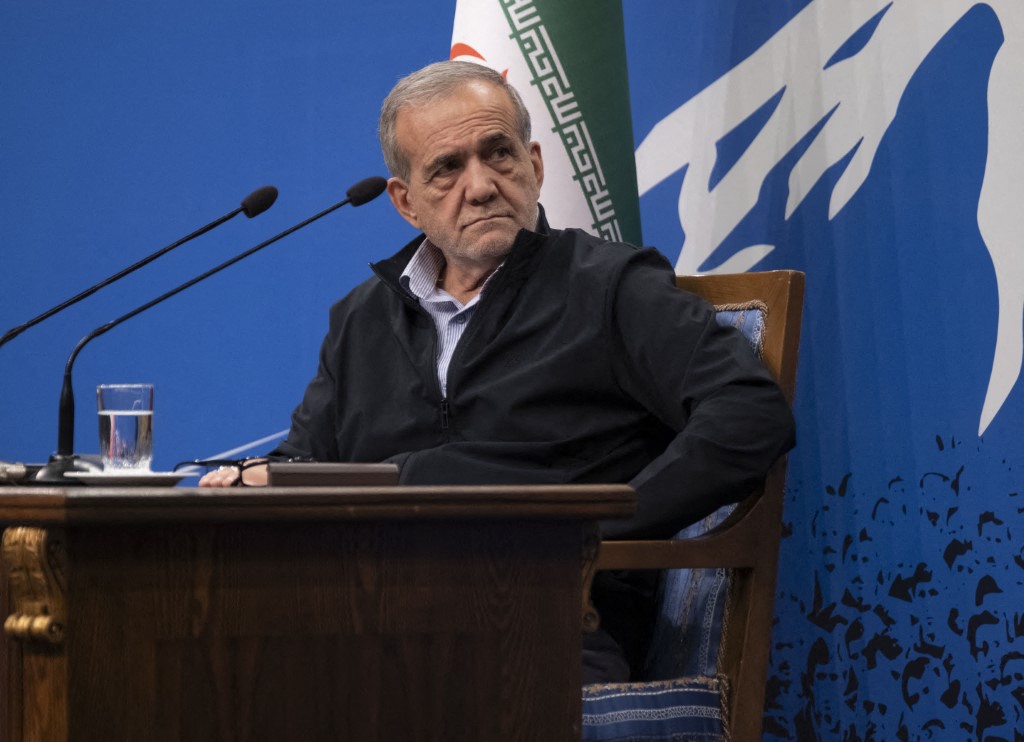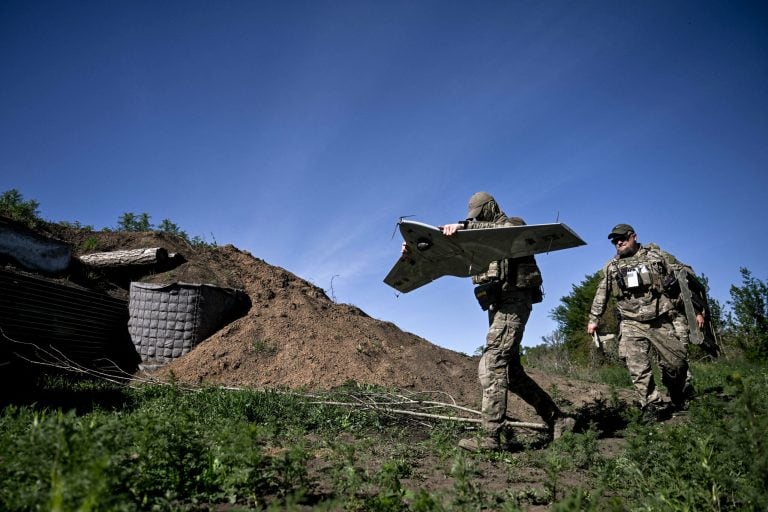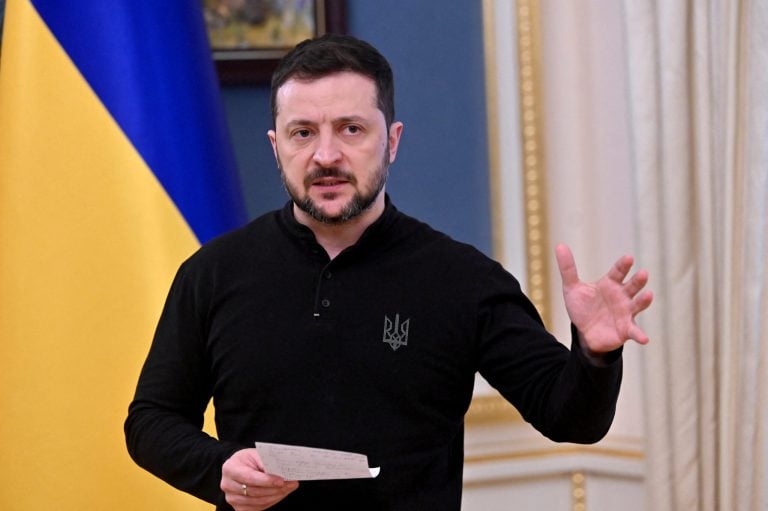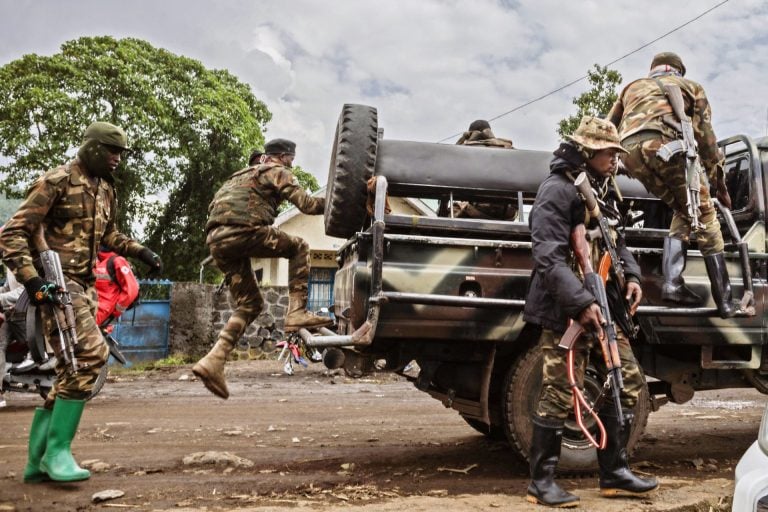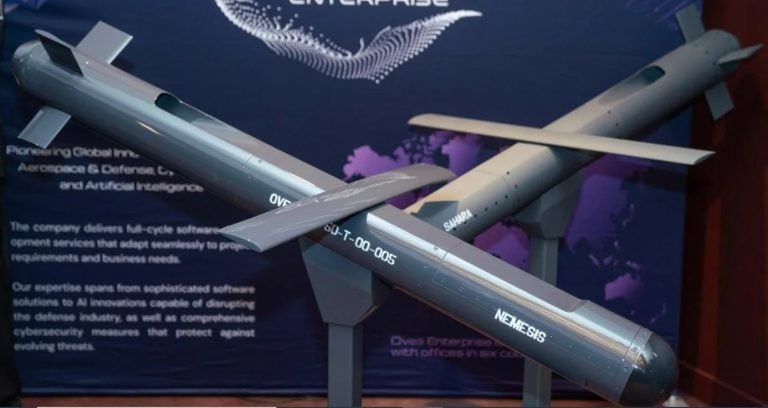During a visit to Bushehr province, Iranian President Masoud Pezeshkian expressed a resolute stance regarding Iran’s nuclear facilities, asserting that the country would rebuild them if they were attacked. His comments followed reports in US media indicating that Israel was likely to target key Iranian nuclear sites, particularly the Natanz facility.
“They are threatening us that they will attack our Natanz nuclear facility. Come and attack it. It is the brains of our children that built it,” Pezeshkian stated, emphasizing Iran’s technological and scientific capabilities. He added, “If you destroy a hundred (nuclear facilities), our children will build a thousand,” signaling a determination to continue Iran’s nuclear program regardless of external threats.
The Washington Post reported on potential Israeli plans to conduct strikes on Iran’s Fordow and Natanz nuclear facilities, referencing US intelligence sources that suggest this could occur within the first half of 2025. The article detailed two strike options that would involve support from the US, specifically in terms of aerial refueling and intelligence assistance.
This escalation in rhetoric comes amidst a backdrop of heightened tensions following the reinstatement of former US President Donald Trump’s “maximum pressure” policy against Iran, sparked by allegations that the nation is pursuing the development of nuclear weapons—claims Iran has consistently denied. Trump has also publicly stated his preference for negotiating a non-nuclear deal with Iran rather than pursuing military action. “I would like a deal done with Iran on non-nuclear. I would prefer that to bombing the hell out of it,” he commented, indicating that a successful agreement could deter Israel from military action.
The dynamic between Iran and Israel has become increasingly fraught, especially after a series of direct confrontations last year coinciding with regional tensions exacerbated by the Gaza conflict. In October, Israel executed airstrikes on military sites in Iran, resulting in fatalities among Iranian servicemen, which was framed as retaliation for an earlier missile assault believed to have originated from Iran. Analysts note that Israel may have significantly diminished Iran’s air defense and missile capabilities, raising concerns about the possibility of further military operations against the Islamic Republic.
Further escalating retaliatory actions, Iran responded to an alleged Israeli attack on its consulate in Damascus by launching drones and missiles toward Israel on April 13, underscoring the fragile and volatile nature of the regional security landscape. As both sides continue their saber-rattling, the potential for conflict looms, leaving the international community to closely monitor the situation.
